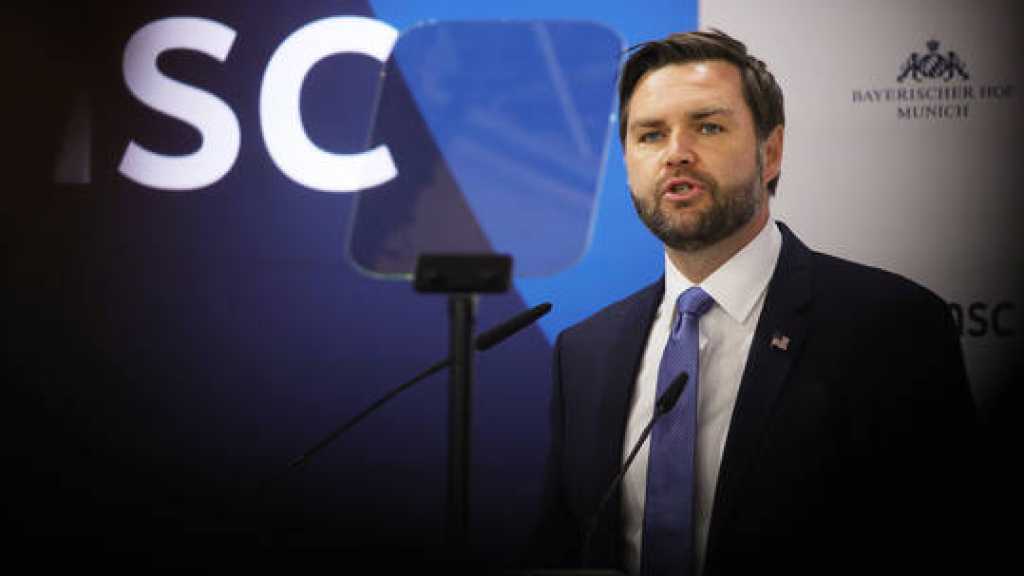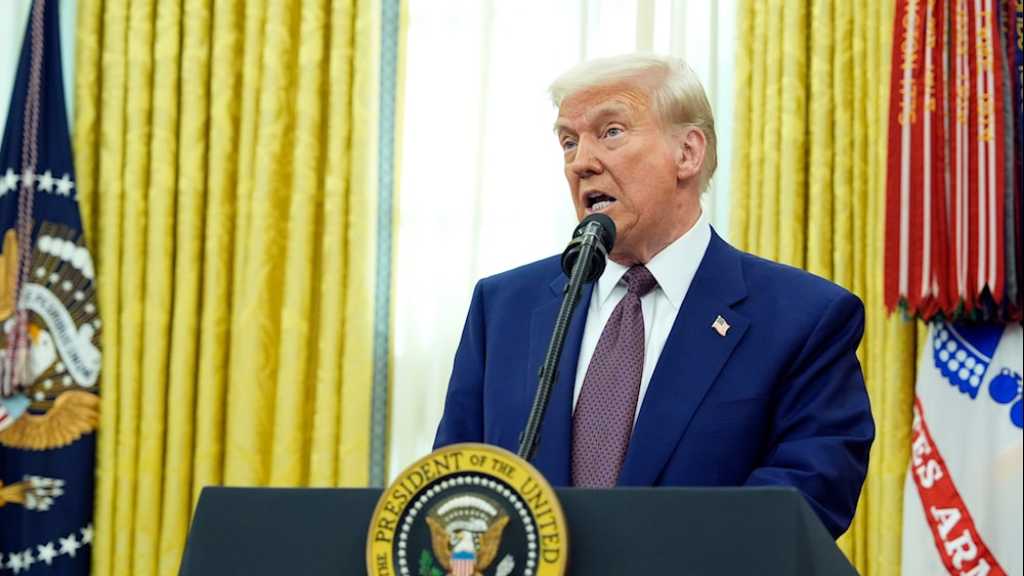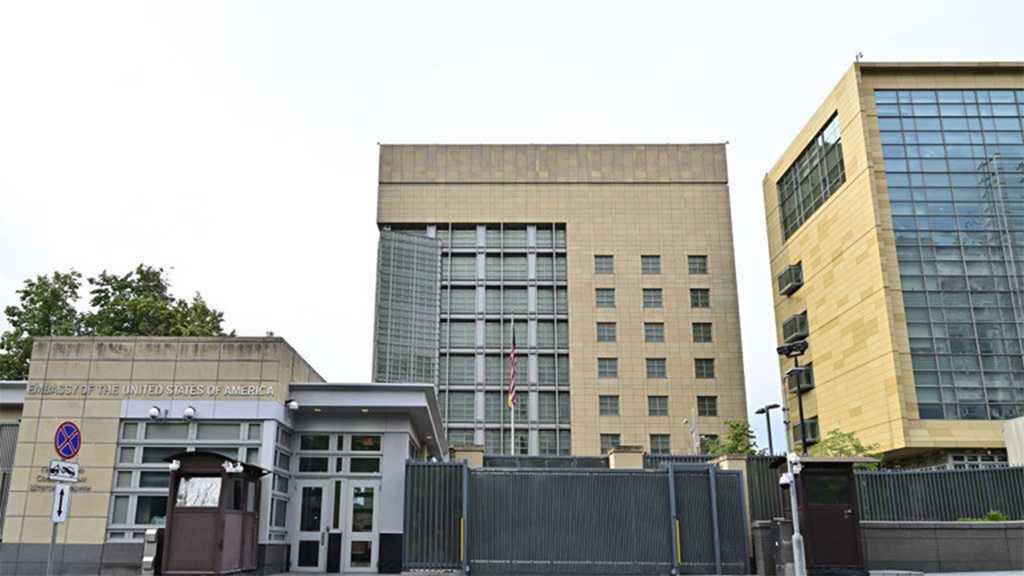Vance: Europe Faces Its Greatest Threat from within

By Staff, Agencies
US Vice President J.D. Vance cautioned that Europe faces its greatest threat from within rather than from foreign powers, expressing concern about what he called the continent's abandonment of its core values.
Vance told the Munich Security Conference on Friday that while Washington is preoccupied with the question of achieving a reasonable settlement between Russia and Ukraine, Europe has bigger problems.
“The threat that I worry the most about vis-à-vis Europe is not Russia, it’s not China, it’s not any other external actor,” he said, adding “what I worry about is the threat from within.”
Vance mentioned a former senior European Union official, who went on TV to cheer the Romanian constitutional court’s decision to annul the first round of voting in the country’s December 2024 presidential election over supposed foreign interference. Vance suggested that the ruling was politically motivated, and made because things did not “go to plan” in the EU nation.
The vice president also expressed confidence that “we can come to a reasonable settlement between Russia and Ukraine.” He stressed that “it’s important in the coming years for Europe to step up in a big way to provide for its own defense.”
“Of all the pressing challenges that the nations represented here face, I believe there is nothing more urgent than mass migration,” Vance also remarked.
Speaking to the Wall Street Journal on Thursday, Vance similarly claimed that mainstream parties in the EU are “kind of terrified of their own people.” He criticized attempts to dismiss dissenting viewpoints as somehow the result of “misinformation.”
“If your democratic society can be taken down by $200,000 of social media ads, then you should think seriously about how strong your grip on or how strong your understanding of the will of the people actually is,” he argued.
Aside from the controversy in Romania, he also referenced the anti-immigration Alternative for Germany [AfD] party, which is considered extremist by the establishment.
The annulled first round of Romania’s presidential election in November saw right-wing anti-establishment candidate Calin Georgescu come out on top with 22.94%, beating liberal leftist and social democrat candidates. The judiciary cited intelligence documents alleging “irregularities” in his campaign performance, without presenting any solid evidence though.
Comments
- Related News

Vance: Europe Faces Its Greatest Threat from within
one month ago
US: IRS Prepares to Lay off Thousands of Workers
one month ago
US Embassies Told To Reduce Staff – Media
one month ago
